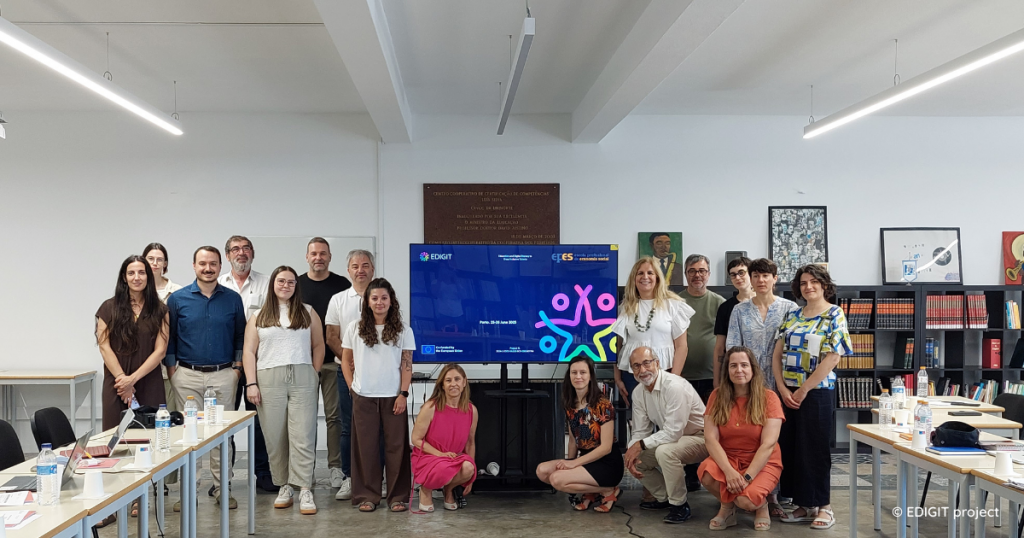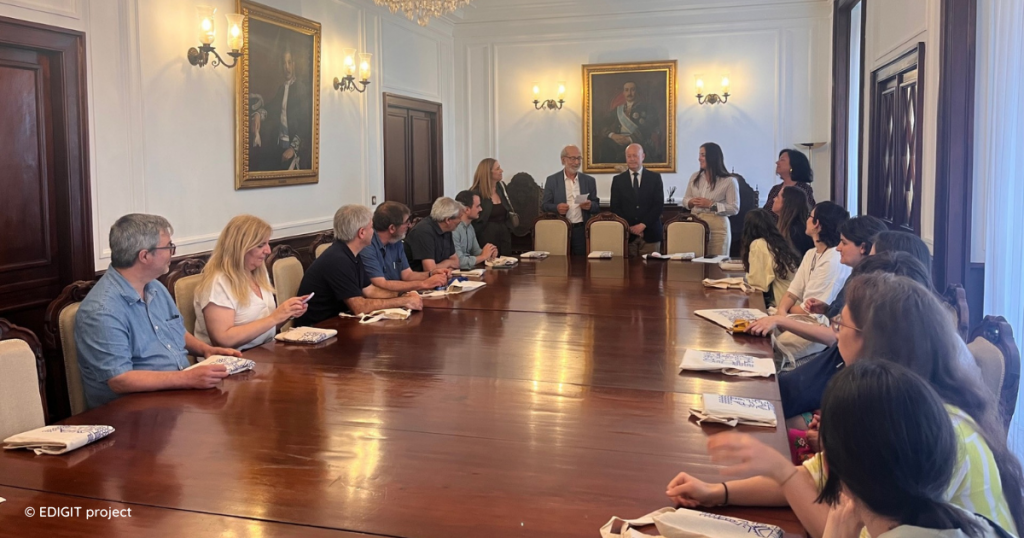Building the foundations for inclusive digital education

Since its launch in January 2025, the EDIGIT project has been steadily laid the groundwork for its mission: equipping educators with the tools and strategies needed to make STEM education more inclusive.
The project officially began with a kick-off meeting in A Coruña, hosted by the coordinating partner, CITIC.
One of the first key steps was the creation of a methodological and pedagogical framework, including a detailed content index to serve as the backbone of the EDIGIT training modules.
To ensure that the resources we develop truly address real needs, we placed consultation at the heart of this process. In May, each partner organised national focus groups, bringing together STEM teachers, technology professionals, and disability experts. These sessions provided valuable insights, enabling participants to review the proposed methodology and suggest relevant themes and competencies.
The findings from these focus groups were then shared and discussed further at the second consortium meeting, which was hosted by EPES in Porto in June. This collaborative approach ensures that the project remains aligned with both educational realities and the principles of inclusion.
Looking ahead, EDIGIT is currently developing an inclusive UI/UX protocol, which will be released shortly. At the same time, the consortium is working on the content for the thematic training modules.
Dive deeper into our journey so far:
Featured result
We are proud to present the very first outcome of the EDIGIT project: a comprehensive report on inclusion in STEM education and the role of cross-sector collaboration in each of the consortium country.
This report is based on a workshop held during the project’s kick-off meeting, in which each partner presented the current state of STEM teaching and inclusion in their national context. These insights together provide a solid foundation for developing EDIGIT’s methodological and pedagogical guidelines, as well as the training module framework.
Inside the report, you will find:
- An overview of STEM education at different stages of the education system.
- Key stakeholders responsible for fostering inclusion and diversity in schools.
- Examples of how intersectoral cooperation can make education more inclusive.
- The main challenges ahead in advancing towards inclusive STEM learning.


